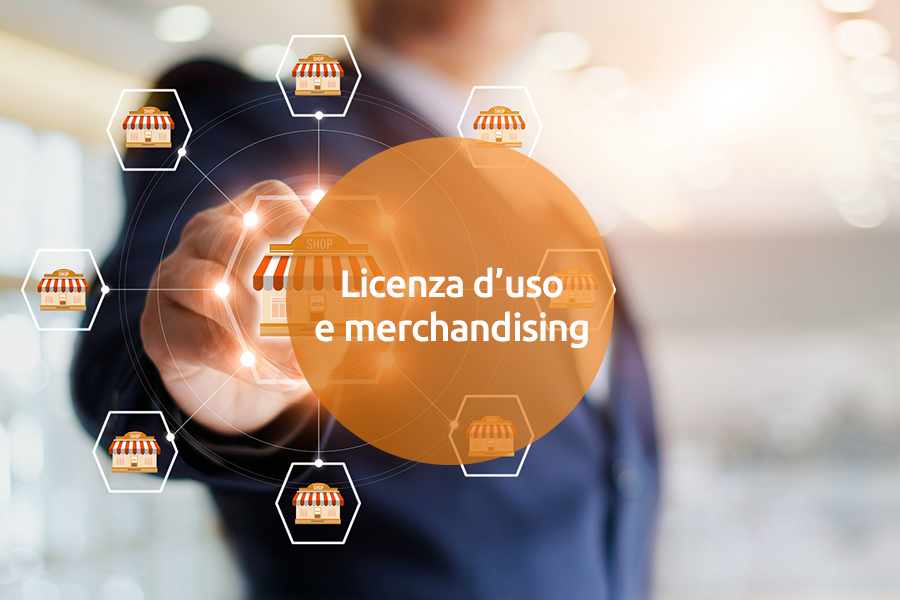A new agreement between the Italian Patent and Trademark Office (IPTO) and the European Patent Office (EPO) suggests that Italian patent applications could soon be subject to prior art searches.
Currently, Italian patent legislation makes no provision for prior art searches and substantive examination for national applications. Instead, the assessment of patentability is deferred to prosecution in foreign countries or to legal proceedings before a court, if any. This has led to a widespread belief that patents granted in Italy have a very low presumption of validity when compared to other titles across Europe. The Code of Industrial Property, which came into force on February 10 2005, specifically envisaged a prior art search for national applications. Since then, interested parties have been waiting for signs of a concrete move towards implementing such searches.
According to the agreement, from the second half of 2008 all Italian patent applications will be subject to a search report and patentability opinion issued by the EPO. Applications will thus benefit from the standards of quality of one of the world's leading patent authorities, adding to the value of future granted national titles.
Implementing the new regime
The first steps towards this new regime were taken in 2007, with one legislative decree establishing a fee for prior art search services by foreign authorities and another making the EPO the competent authority for searches on national patent applications. On December 12 2007 the Administrative Council for the European Patent Organization approved a working agreement with the IPTO according to which the EPO will be ready to carry out prior art searches and provide its opinion on Italian applications from July 1 2008.
However, although a date for the agreement's entry into force has been established, it is still not certain when operations will actually begin. The law still lacks a complete set of implementing regulations and instructions for dealing with the formal acts necessary in connection with search requests and the prosecution of searched applications.
According to one official publication, the search will be based on an English version of the sole claims, which will be provided by the IPTO using automatic translation tools. No actual search fee will be due, although a fee for covering the costs of the official translation has been established. However, it is not yet clear whether automatic translations will be submitted to the applicant for approval or whether (and how) applicants may provide translations themselves. A partial refund of search fees is foreseen for subsequent European patent applications that claim priority over the Italian application and benefit from the previous EPO search. In this respect, it should be noted that according to the European Patent Convention: “the search should be made on the basis of the claims, with due regard to the description and any drawings.” Therefore, it appears that the search practice envisaged for Italy will be slightly different from that used by the EPO; accordingly this may impact on the search results. The fact that sole claims will be made available for search, without the examiner being able to look at the accompanying description in order to resolve any lack of clarity in the claim, could affect the benefit of the search, at least for applicants unable to provide full translations themselves. Thus, the question of how to guarantee a reliable search is still open and remains a concern for practitioners advising clients.
As regards the prosecution of searched applications, this will be an entirely new step. Traditionally the IPTO has based its actions on a formal examination only. In most cases this has led to the grant of the patent, though typically with delays of three to four years. It is hoped that the new regime will help to reduce the time to grant. A positive search report and opinion should speed up the application’s prosecution, while a communication conveying a negative or partially negative report will require satisfactory arguments and/or amendments by the applicant. In the case of reply it is not yet clear whether, how and by whom an evaluation will be made as to whether any submitted argument or amendment would actually meet the patentability conditions so as to help make the application suitable for grant.
Benefits for Italian businesses
Despite these questions, it is hoped that this new regime will provide a strong incentive to small and medium-sized enterprises to exploit the patent system.
At the national level, it is believed that the new system will make patent protection for new innovations more attractive, since a patent granted with such a supporting search report (even though it would probably still need a top-up search 18 months after filing in order to cover comprehensively any published and unpublished prior rights) will have a higher presumption of validity than in the past. This could benefit patent owners by giving them a more objective assessment of the enforceability of their patent/patent application than was previously the case. It is expected that this in turn will help to discourage frivolous litigation on the basis of trivial applications, particularly with regard to requests for precautionary measures. In addition, it should help the owners of granted patent applications to enforce their rights.
Under Italian law and case law, a patent application is enforceable even before grant, provided that the applicant can submit prima facie evidence showing that the claims it is willing to enforce meet the patentability requirements. It is expected that a positive opinion issued by the EPO will be considered as suitable evidence for that purpose.
Internationally, Italian enterprises that prefer to file national applications (because of lower costs than international or European filings), but that fail to pursue an extension in foreign countries, will be encouraged to protect their inventions worldwide if they already know they have a good chance of success. This will help Italian enterprises to protect their technology, to profit from it by selling valuable licences to third parties and/or to give them a stronger basis for raising funds based on their innovations.





